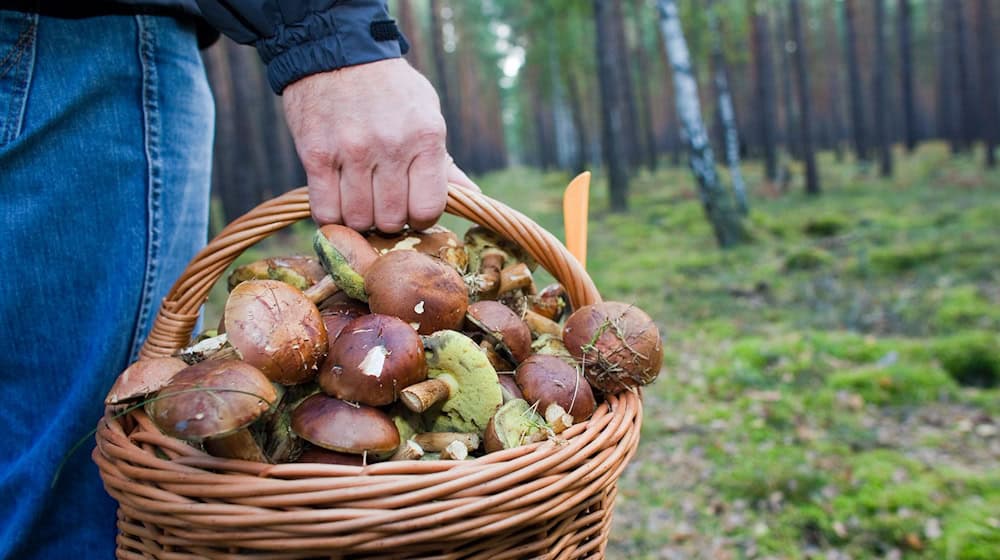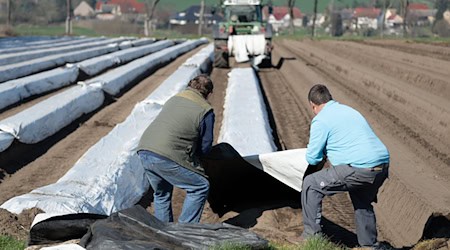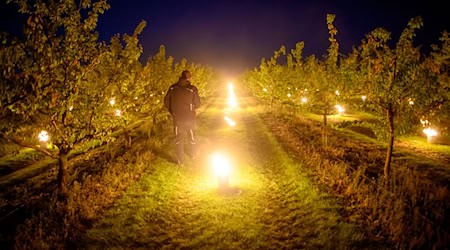Nausea, abdominal pain or worse after eating mushrooms that you have foraged yourself: this autumn, such situations are once again keeping the experts at the Joint Poison Information Center of the states of Mecklenburg-Western Pomerania, Saxony, Saxony-Anhalt and Thuringia (GGIZ) busy. So far this year, the Erfurt-based center with its day and night poison emergency number has counted around 240 cases of suspected mushroom poisoning.
This is fewer cases than a year ago, said the institute's director Dagmar Prasa. "This is due to the fact that the mushroom season started relatively early last year - in August - whereas this year we had relatively few calls about mushrooms up to and including September." The number of inquiries about mushroom poisoning has only increased significantly since October.
According to the report, the most inquiries so far have come from Saxony, with 89 suspected cases. People from Thuringia called 41 times, 34 times from Mecklenburg-Western Pomerania and 28 times from Saxony-Anhalt. There were also 49 inquiries from other federal states. Champignons are comparatively often confused with carbolic boletes, for example, explained Prasa. These can cause gastrointestinal complaints.
Affected people should first contact a poison information center if they have mild gastrointestinal symptoms after eating mushrooms, Prasa advised. "If there is cleaning residue, remnants of the meal or vomit, you can try to identify the mushrooms with the help of a mushroom expert." However, if other symptoms such as hallucinations or unconsciousness occur, the emergency services must be called.
Copyright 2024, dpa (www.dpa.de). All rights reserved










